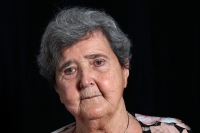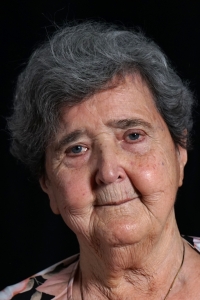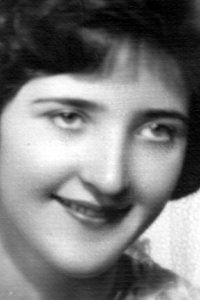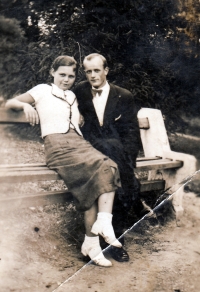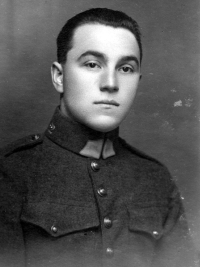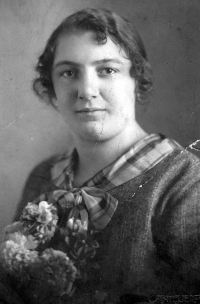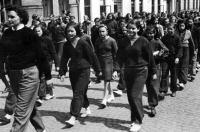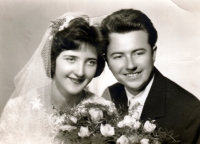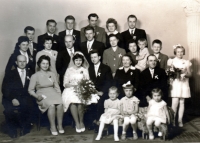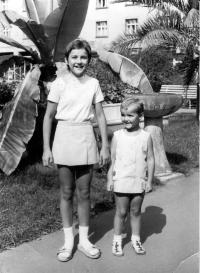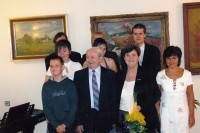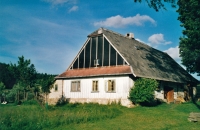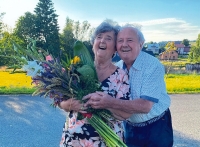It was an ugly time when the Soviet occupation began in 1968
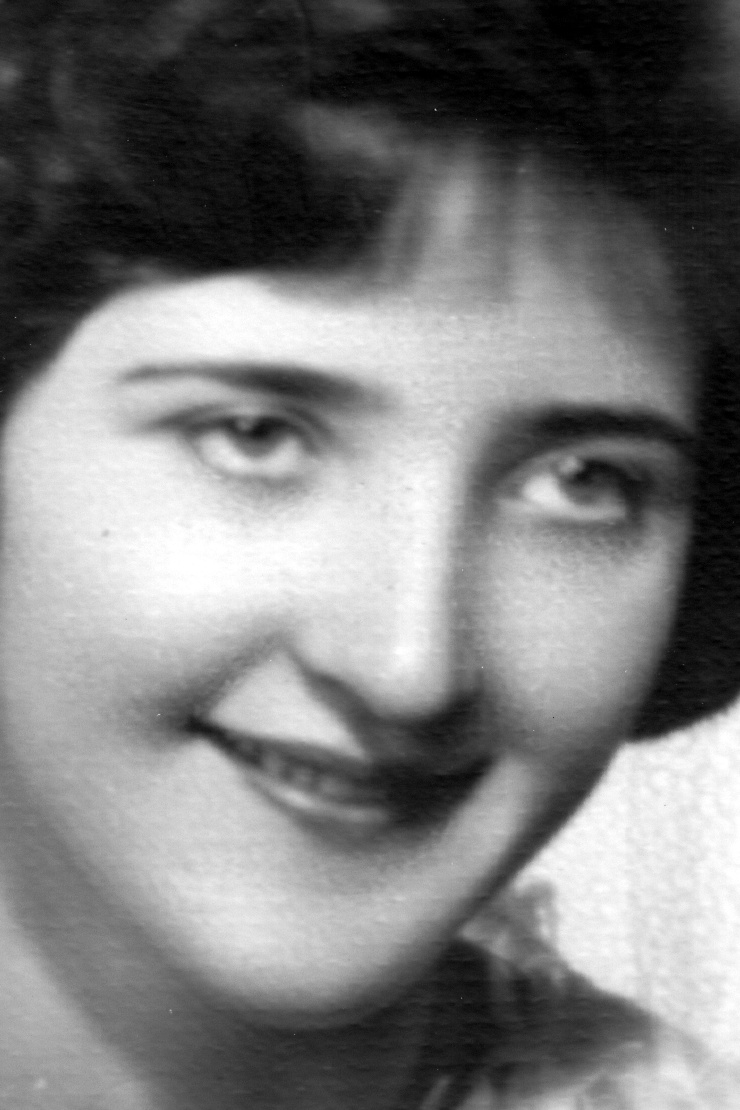
Download image
Eva Žejdlíková, née Hloušková, was born on 26 November 1942 in Polička in the former Protectorate of Bohemia and Moravia. Her father had a small tiling company there. After 1948, the communists nationalized it. She trained in Pardubice as a textile saleswoman. After her marriage to Josef Žejdlík, she moved to Svratka. In August 1968 she experienced the invasion of the Warsaw Pact troops there. She worked in Svratka as a manager of a household goods store and then a grocery store. After 1989, she was one of the first private owners in Svratka when she bought the shop she worked in during privatisation. In 2023 she lived with her husband in Domě klidného stáří (the House of Quiet Old Age) in Svratouch.
